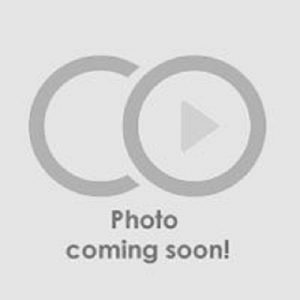Do you track your work accomplishments? If you’re wondering why you should keep a list, it’s handy for your future career development. It allows you to seamlessly update your resume without working too hard to remember what to include. It can also be helpful for your performance reviews or raise requests. But knowing what types of accomplishments you should be tracking and how to do that will give you an advantage. Here are some tips to get you started.
What Are Some of the Best Ways to Track Your Accomplishments?
Keep a Journal
Sometimes the most straightforward answer is the best one. To keep track of your professional accomplishments, keep a journal. Traditional pen and paper mean you can keep them conveniently and jot down things when you think of them. Be sure to include accolades, awards, and other accomplishments. It’s better to write down too much and not use it than not have enough.
Track Data and Numbers
While writing down your accomplishments, write down specific data and numbers. When you do this as it happens, you avoid the need to dig up information in the future when you add it to a resume. For example, any time you’ve saved your company money or time, write down precisely the results of your actions.
Update Your Resume Regularly
Don’t wait until you’re looking for a job to update your resume. Make it a living document. Some experts recommend having a master resume that includes everything and pulling from that when you need to create a more personalized resume for a specific job. At least once a year, sit down with your resume and add the details you’ve kept in your journal.
Make a Personal Website
Keeping a personal website as a digital portfolio can also be a great way to keep your experience up to date and use it for future resumes. The website can include all kinds of things, including personal projects and professional accomplishments. It’s always a good idea to buy your name as a domain name to prevent someone else from using it.
Keep LinkedIn Up to Date
Don’t forget your LinkedIn account. It’s a great tool to use as a repository for your professional information. If you don’t like the idea of a journal, add your accomplishments to your LinkedIn whenever they happen. Your LinkedIn can remain more robust than formal resumes, but it will also be a place potential employers go when they are interested in learning more.
Are you ready to update your resume and find your next job?
Contact the team at Recruiting in Motion today.




































































































